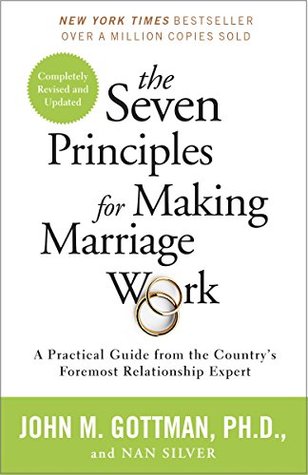More on this book
Community
Kindle Notes & Highlights
Positive
Principled
Problem-solving
Quick-witted
Reasonable
Reliable
Resourceful
Respectful
Respo...
This highlight has been truncated due to consecutive passage length restrictions.
Self-sacrificing Self-sufficient
Sensitive
Sincere
Skillful
S...
This highlight has been truncated due to consecutive passage length restrictions.
Soc...
This highlight has been truncated due to consecutive passage length restrictions.
Spir...
This highlight has been truncated due to consecutive passage length restrictions.
Stable
Steady
S...
This highlight has been truncated due to consecutive passage length restrictions.
Successful
Supportive
Sympathetic
Talented
Tho...
This highlight has been truncated due to consecutive passage length restrictions.
Thoug...
This highlight has been truncated due to consecutive passage length restrictions.
Trusting
Trustworthy
Tru...
This highlight has been truncated due to consecutive passage length restrictions.
Underst...
This highlight has been truncated due to consecutive passage length restrictions.
Unselfish
Upbeat
Warm
Wise
W...
This highlight has been truncated due to consecutive passage length restrictions.
W...
This highlight has been truncated due to consecutive passage length restrictions.
When people fall into a depression, their thinking may become disordered—they see everything in an extremely negative light, which just adds to their sense of hopelessness. But if, over time, they deliberately accustom their mind to a different, positive way of thinking, the sense of hopelessness can be lifted.
So before you reply defensively to your partner, pause for
moment and search for a bid underneath your partner’s harsh words. Then, focus on the bid, not the delivery. If you find it difficult not to react defensively, first take five really deep breaths, counting slowly from one to six as you inhale and then slowly from seven to fifteen as you exhale. Then say to your partner, “I want to respond to you positively, so can you please tell me what you need right now from me? I really want to know.”
Although you can earn points in your emotional bank account through just about any everyday activity listed above, we have found that the most effective one is the first: “Reunite at the end of the day and talk about how it went.” This is because such discussions can be vital stress reducers that help you manage tensions outside your relationship.
Search out the goal and obstacle. Behind most anger is the feeling of being blocked from reaching a goal.
When there’s an imbalance of power, there’s almost inevitably a great deal of marital distress.
Statistically speaking, when a man is not willing to share power with his partner there is an 81 percent chance that his marriage will self-destruct.
have found that unrequited dreams are at the core of every gridlocked conflict. In other words, the endless argument symbolizes some profound difference between the two of you that needs to be addressed before you can put the problem in its place.
how to (1) make sure your start-up is soft rather than harsh, (2) learn the effective use of repair attempts, (3) monitor your physiology during tense discussions for warning signs of flooding, (4) learn how to compromise, and (5) become more tolerant of each other’s imperfections.
No one is right. There is no absolute reality in marital conflict, only two subjective ones. This is true whether the disagreement is solvable or perpetual.
the basis for coping effectively with relationship issues, whether solvable or perpetual, is to communicate basic acceptance of your partner’s
personality.
You’ll know you’ve reached gridlock if: 1. You’ve had the same argument again and again with no resolution. 2. Neither of you can address the issue with humor, empathy, or affection. 3. The issue is becoming increasingly polarizing as time goes on. 4. Compromise seems impossible because it would mean selling out—giving up something important and core to your beliefs, values, or sense of self.
To navigate your way out of gridlock, you have to first understand that no matter how seemingly insignificant the issue, gridlock is a sign that you each have dreams for your life that the other isn’t aware of, hasn’t acknowledged, or doesn’t respect.
By dreams I mean the hopes, aspirations, and wishes that are part of your identity and give purpose and meaning to your life.


